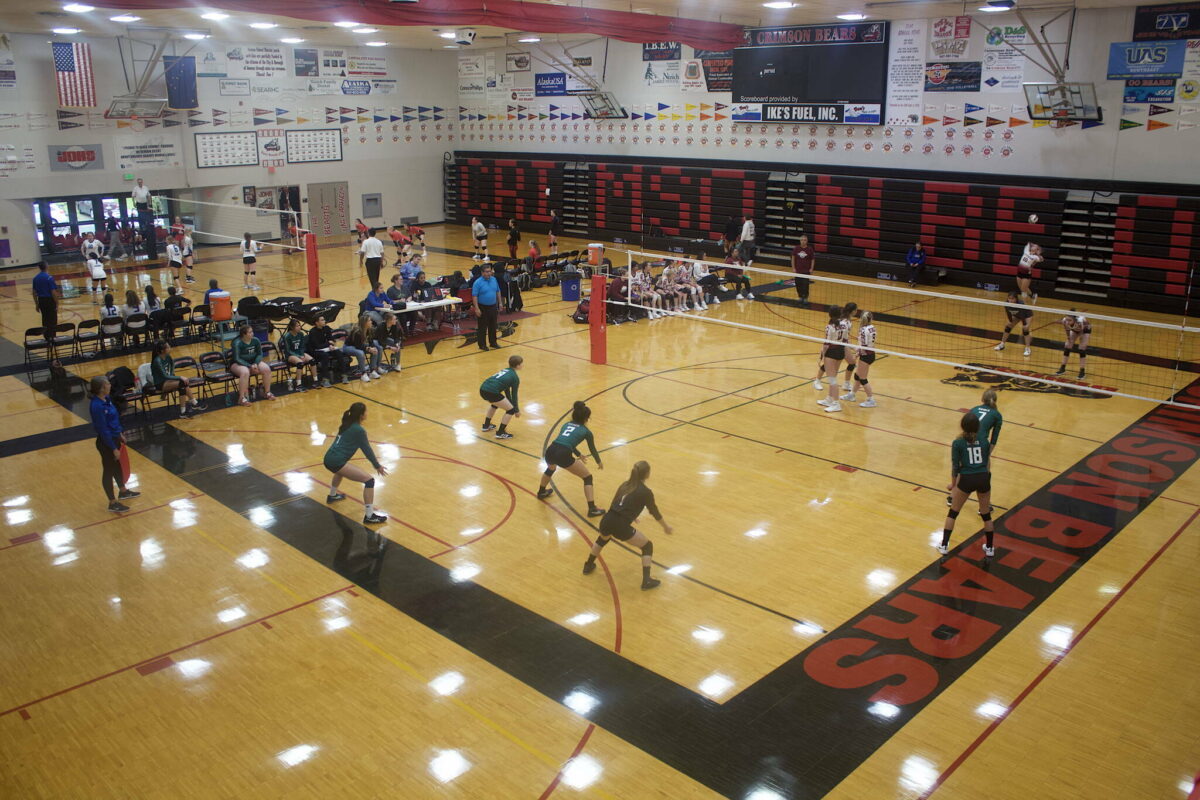In a significant decision on Thursday, the Alaska State Board of Education voted to greenlight a contentious proposal that restricts transgender girls from participating in high school girls’ sports teams. This move follows months of intense debate and legislative hurdles, with Republican Governor Mike Dunleavy championing the cause.
During a specially convened meeting, board members passionately argued that the proposal is essential to maintain fairness for cisgender female athletes. The proposal’s language leaves no room for ambiguity, stating unequivocally, “if a separate high school athletics team is established for female students, participation shall be limited to females who were assigned female at birth.”
Alaska Board of Education votes to ban transgender girls from high school sports https://t.co/EQEXmncrtu pic.twitter.com/F3q3U3nWOV
— The Hill (@thehill) September 2, 2023
Supporters of this policy assert that it safeguards the integrity of women’s sports by ensuring that only individuals who were assigned female at birth can compete on girls’ teams. They argue that allowing transgender girls to participate could provide them with a perceived physical advantage due to differences in hormone levels.
However, critics argue that this decision perpetuates discrimination against transgender individuals. Advocacy groups and transgender rights activists have raised concerns about the potential harm this policy may cause to transgender girls, who may face exclusion and discrimination as a result.
The decision has ignited a passionate nationwide debate, with advocates for transgender rights arguing that inclusivity should be prioritized, while proponents of the policy maintain that it safeguards the essence of female athletics.
This decision is poised to have far-reaching consequences, both within Alaska and beyond. It joins the ongoing national conversation surrounding transgender rights and the treatment of transgender individuals in sports. As other states grapple with similar issues, this polarizing decision in Alaska will undoubtedly serve as a focal point for discussions on gender, fairness, and inclusivity in high school sports.
In a climate of evolving social and cultural norms, the controversy surrounding this decision is far from over. It remains to be seen how this policy will impact transgender students, female athletes, and the broader conversation about gender identity in the world of high school sports.

